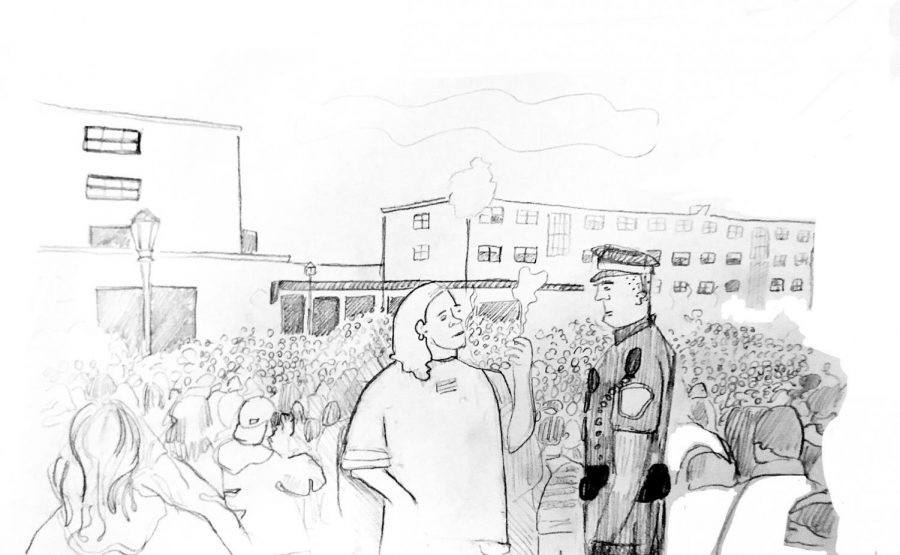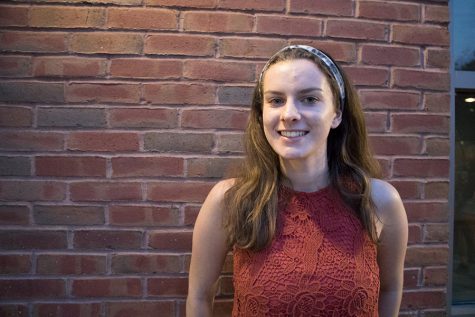4/20 smokers ignore social justice
April 23, 2019
So often the fight to legalize cannabis is branded as a fight to have fun, but this ignores the serious repercussions that past cannabis laws have had on people of color.
This past weekend saw the campus celebration of 4/20, when students gather on Redstone campus to celebrate cannabis.
When the event first became popular in the ’70s and ’80s, it was labeled by some students as a sort of protest, which Pat Brown, the director of Student Life at the time, felt wasn’t quite fair.
If students wanted to change federal laws, they should have left the safety of UVM and risked arrest by protesting for legalization at federal buildings.
This year marked the first time recreational cannabis use was legal at the event, but students actually faced more resistance from campus police than they had in years when the drug was illegal.
The whole affair highlights the emphasis of cannabis as a college past time, but it is rarely given its due as a force for social liberation or oppression.
In Vermont, cannabis has been legal since Jan. 22, 2017, but this movement for legalization has left behind the people who have been most negatively affected by the previous laws: Black people.
A 2013 report from the American Civil Liberties Union states, “a Black person is 3.73 times more likely to be arrested for marijuana possession than a white person.”
On April 19, 2019, Ben & Jerry’s released a petition, “calling on Congress to expunge prior marijuana convictions and provide pardons/amnesty to anyone whose only crime was possession of cannabis.”
Some cities have already taken action to address this problem, such as San Francisco, which dismissed 9,000 cannabis-related convictions in February.
This year, on 4/20, the increased police action greatly surprised the mostly white crowd on Redstone who thought that legalization in Vermont would lead to more breathing room.
However, people of color have been wrongly targeted by the police since drug laws have been in place.
Instead of crowding the Redstone campus, UVM students should act to demand social justice reform.
Staff editorials officially reflect the views of the Vermont Cynic. Signed opinion pieces and columns do not necessarily do so.
The Cynic accepts letters in response to anything you see printed as well as any issues of interest in the community. Please limit letters to 350 words. The Cynic reserves the right to edit letters for length and grammar. lease send letters to opinion@vtcynic.com.








